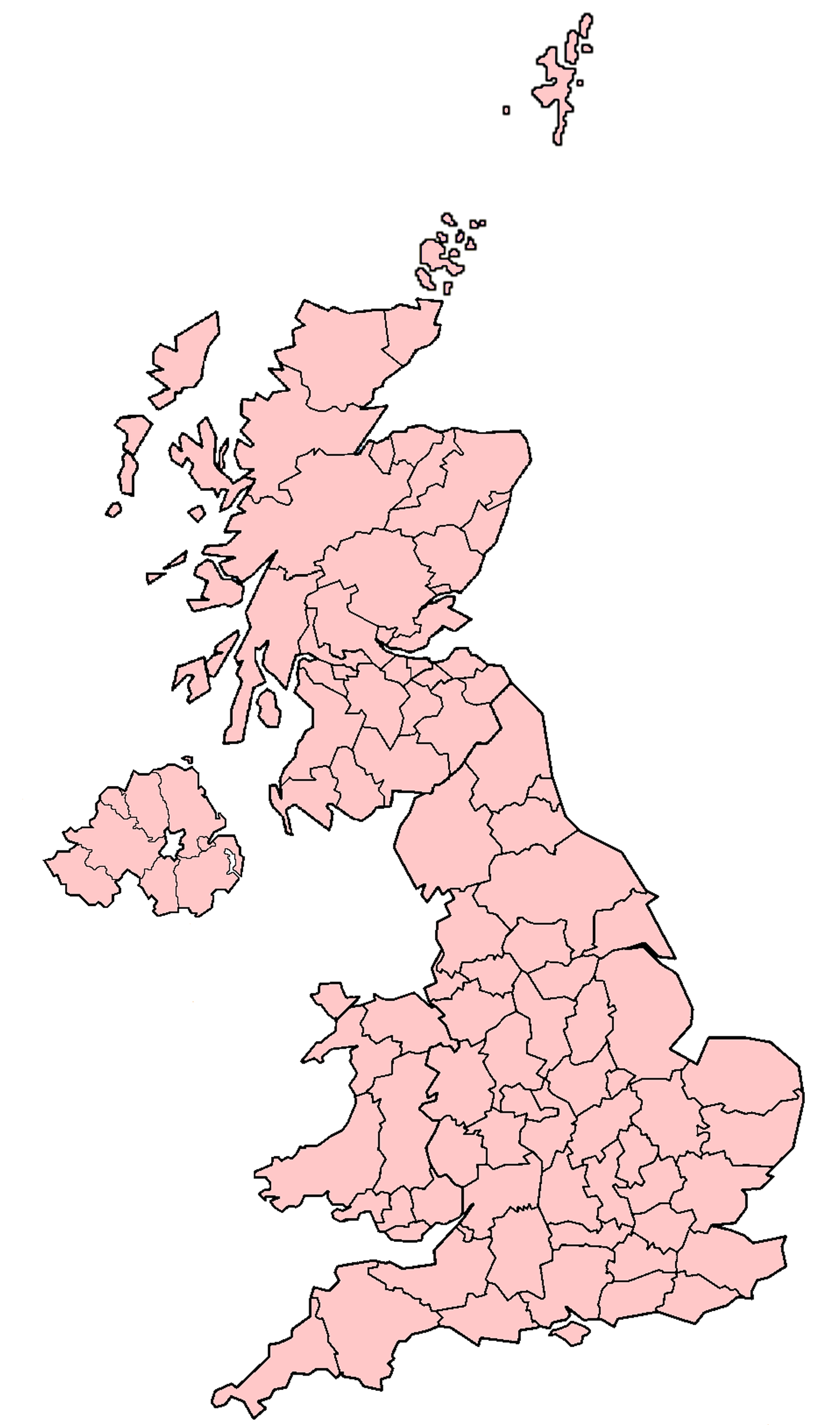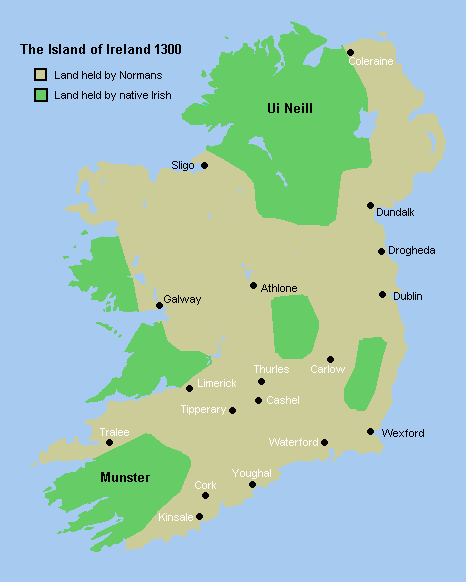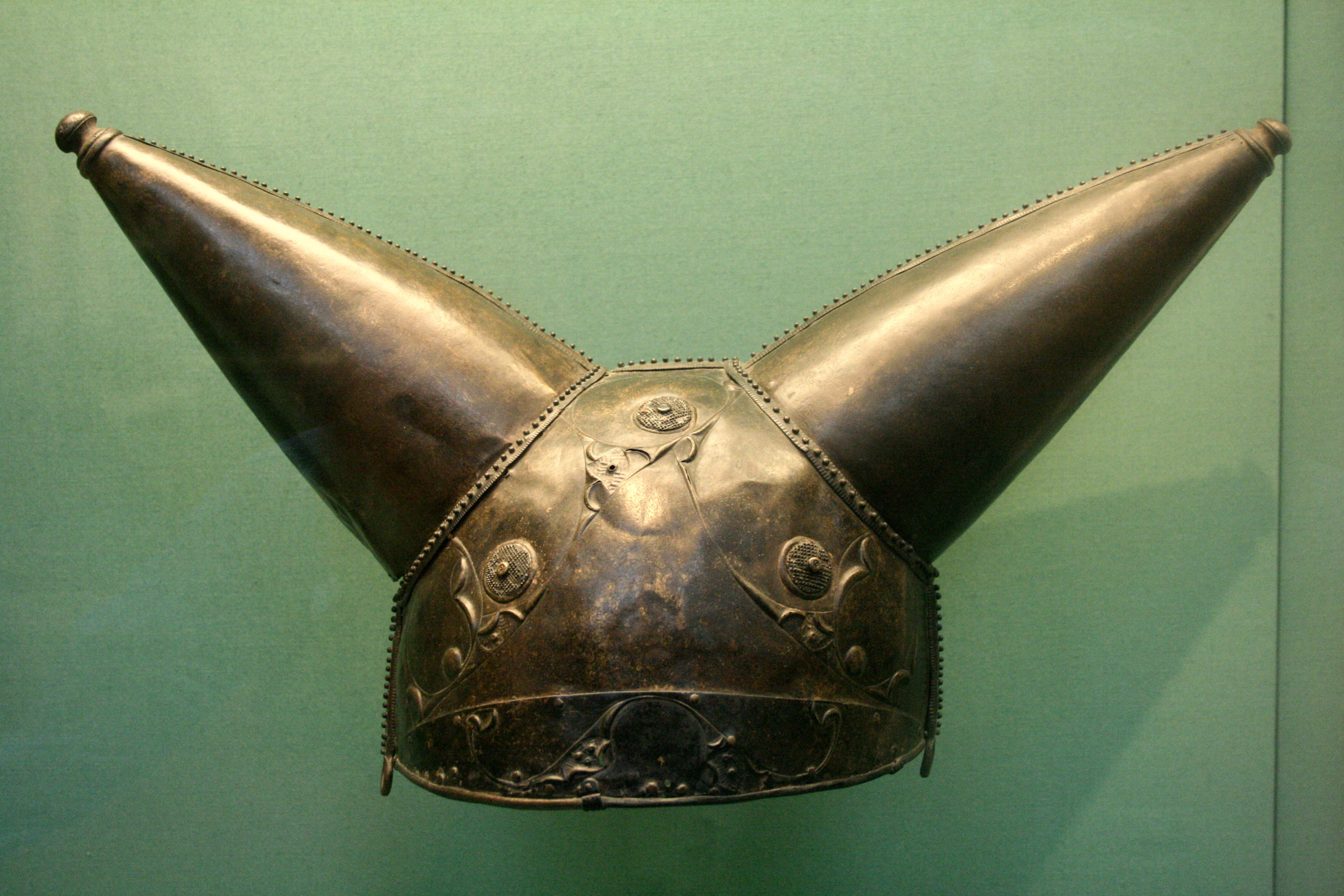|
Lord-lieutenant
A lord-lieutenant ( ) is the British monarch's personal representative in each lieutenancy area of the United Kingdom. Historically, each lieutenant was responsible for organising the county's militia. In 1871, the lieutenant's responsibility over the local militia was removed. However, it was not until 1921 that they formally lost the right to call upon able-bodied men to fight when needed. Lord-lieutenant is now an honorary titular position usually awarded to a notable person in the county, and despite the name, may be either male or female, peer or not. Origins England and Wales Lieutenants were first appointed to a number of English counties by King Henry VIII in the 1540s, when the military functions of the sheriffs were handed over to them. Each lieutenant raised and was responsible for the efficiency of the local militia units of his county, and afterwards of the yeomanry and volunteers. He was commander of these forces, whose officers he appointed. These commissions ... [...More Info...] [...Related Items...] OR: [Wikipedia] [Google] [Baidu] |
Lieutenancy Area
Lieutenancy areas (), officially counties and areas for the purposes of the lieutenancies, are the separate areas of the United Kingdom that are appointed to a lord-lieutenant – a representative of the British monarch. In many cases they have similar demarcation and naming to, but are not necessarily coterminate with, the counties of the United Kingdom. Origin In England, lieutenancy areas are colloquially known as the ceremonial counties, although this phrase does not appear in any legislation referring to them. The lieutenancy areas of Scotland are subdivisions of Scotland that are more or less based on the counties of Scotland, making use of the major cities as separate entities. In Wales, the lieutenancy areas are known as the preserved counties of Wales and are based on those used for lieutenancy and local government between 1974 and 1996. The lieutenancy areas of Northern Ireland correspond to the six counties and two former county boroughs. Map Not shown: City of Lo ... [...More Info...] [...Related Items...] OR: [Wikipedia] [Google] [Baidu] |
Constable Of The Tower Of London
The Constable of the Tower is the most senior appointment at the Tower of London. In the Middle Ages a constable was the person in charge of a castle when the owner—the king or a nobleman—was not in residence. The Constable of the Tower had a unique importance as the person in charge of the principal fortress defending the capital city of Kingdom of England, England. Today the role of Constable is a ceremonial one and mainly involves taking part in traditional ceremonies within the Tower as well as being part of the community that lives within its perimeter. The Constable is also a trustee of Historic Royal Palaces and of the Royal Armouries. Under the ''King's Regulations for the Army'', the office of Constable is conferred upon a Field marshal (United Kingdom), field marshal or a retired General (United Kingdom), general officer for a five-year term. The Constable appointed in 2022 is General Sir Gordon Messenger. The Constable's ceremonial deputy is the Lieutenant of the T ... [...More Info...] [...Related Items...] OR: [Wikipedia] [Google] [Baidu] |
Historic Counties Of England
The historic counties of England are areas that were established for administration by the Normans, in many cases based on earlier Heptarchy, kingdoms and shires created by the Angles (tribe), Angles, Saxons, Jutes, Celts and the Danes (tribe), Danes and Norsemen, Norse in the North. They are alternatively known as ''ancient counties'', ''traditional counties'', ''former counties'' or simply as ''counties''. In the centuries that followed their establishment, as well as their administrative function, the counties also helped define local culture and identity. This role continued even after the counties ceased to be used for administration after the creation of Administrative counties of England, administrative counties in 1889, which were themselves amended by further local government reforms in the years following. Unlike the partly self-governing Ancient borough, boroughs that covered urban areas, the counties of medieval England existed primarily as a means of enforcing cent ... [...More Info...] [...Related Items...] OR: [Wikipedia] [Google] [Baidu] |
Longman
Longman, also known as Pearson Longman, is a publisher, publishing company founded in 1724 in London, England, which is owned by Pearson PLC. Since 1968, Longman has been used primarily as an imprint by Pearson's Schools business. The Longman brand is also used for the Longman Schools in China and the ''Longman Dictionary of Contemporary English, Longman Dictionary''. History Beginnings The Longman company was founded by Thomas Longman (1699–1755), Thomas Longman (1699 – 18 June 1755), the son of Ezekiel Longman (died 1708), a gentleman of Bristol. Thomas was apprenticed in 1716 to John Osborn, a London bookseller, and at the expiration of his apprenticeship married Osborn's daughter. In August 1724, he purchased the stock and household goods of William Taylor (bookseller), William Taylor, the first publisher of ''Robinson Crusoe'', for 9s 6d. Taylor's two shops in Paternoster Row, London, were known respectively as the ''Black Swan (St. Paul's Churchyard), Bl ... [...More Info...] [...Related Items...] OR: [Wikipedia] [Google] [Baidu] |
Counties Of Ireland
The counties of Ireland (Irish language, Irish: ) are historic administrative divisions of the island. They began as Normans in Ireland, Norman structures, and as the powers exercised by the Cambro-Norman barons and the Old English (Ireland), Old English nobility waned over time, new offices of political control came to be established at a county level. The number of counties varied depending on the time period, however thirty-two is the traditionally accepted and used number. Upon the partition of Ireland in 1921, six of the traditional counties became part of Northern Ireland. In Northern Ireland, Counties of Northern Ireland, counties ceased to be used for local government in 1973; Local government in Northern Ireland, districts are instead used. In the Republic of Ireland, some counties have been split resulting in the creation of new counties: there are currently 26 counties, 3 cities and 2 cities and counties that demarcate areas of local government in the Republic of Ire ... [...More Info...] [...Related Items...] OR: [Wikipedia] [Google] [Baidu] |
Cinque Ports
The confederation of Cinque Ports ( ) is a historic group of coastal towns in south-east England – predominantly in Kent and Sussex, with one outlier (Brightlingsea) in Essex. The name is Old French, meaning "five harbours", and alludes to the original five members (Hastings, New Romney, Hythe, Kent, Hythe, Dover and Sandwich, Kent, Sandwich). At its peak in the Late Middle Ages, the confederation included over 40 members. There is now a total of 14 members: five "head ports", two "ancient towns" and seven "limbs". The confederation was originally formed for military and trade purposes, but is now entirely ceremonial. The ports lie on the western shore of the English Channel, where the crossing to the European continent is narrowest. Inhabitants of the Cinque Ports are called ''Portsmen''. Origins The origins of the confederation are obscure, but are believed to lie in the late History of Anglo-Saxon England, Anglo-Saxon period, and specifically in the reign of Edward the ... [...More Info...] [...Related Items...] OR: [Wikipedia] [Google] [Baidu] |
Ex Officio
An ''ex officio'' member is a member of a body (notably a board, committee, or council) who is part of it by virtue of holding another office. The term '' ex officio'' is Latin, meaning literally 'from the office', and the sense intended is 'by right of office'; its use dates back to the Roman Republic. According to '' Robert's Rules of Order'', the term denotes only how one becomes a member of a body. Accordingly, the rights of an ''ex officio'' member are exactly the same as other members unless otherwise stated in regulations or bylaws. It relates to the notion that the position refers to the position the ex officio holds, rather than the individual that holds the position. In some groups, ''ex officio'' members may frequently abstain from voting. Opposite notions are dual mandate, when the same person happens to hold two offices or more, although these offices are not in themselves associated; and personal union, when two states share the same monarch. For profit and nonpr ... [...More Info...] [...Related Items...] OR: [Wikipedia] [Google] [Baidu] |
Warden Of The Cinque Ports
Lord Warden of the Cinque Ports is the name of a ceremonial post in the United Kingdom. The post dates from at least the 12th century, when the title was Keeper of the Coast, but it may be older. The Lord Warden was originally in charge of the Cinque Ports, a group of five ( in Norman French) port towns on the southeast coast of England formed to collectively supply ships for The Crown in the absence of a formal navy at that time. Today, the post is a sinecure and an honorary title, and 14 towns belong to the Cinque Ports confederation. The title is one of the higher honours bestowed by the Sovereign; it has often been held by members of the Royal Family or by prime ministers, especially those who were influential in defending Britain in times of war. The Lord Warden was solely responsible for the return of all writs to the Crown, along with the collection of taxes and the arrest of criminals. His court was held in St James's church, near Dover Castle, and there he exercised ju ... [...More Info...] [...Related Items...] OR: [Wikipedia] [Google] [Baidu] |
Middlesex
Middlesex (; abbreviation: Middx) is a Historic counties of England, former county in South East England, now mainly within Greater London. Its boundaries largely followed three rivers: the River Thames, Thames in the south, the River Lea, Lea to the east and the River Colne, Hertfordshire, Colne to the west. A line of hills formed its northern boundary with Hertfordshire. The county was the List of counties of England by area in 1831, second smallest of the historic counties of England, after Rutland. The name of the county derives from its origin as a homeland for the Middle Saxons in the early Middle Ages, with the county subsequently part of that territory in the ninth or tenth century. The City of London, formerly part of the county, became a self governing county corporate in the twelfth century; the City was still able to exert influence as the sheriffs of London maintained their jurisdiction in Middlesex, though the county otherwise remained separate. To the east of t ... [...More Info...] [...Related Items...] OR: [Wikipedia] [Google] [Baidu] |
City Of London
The City of London, also known as ''the City'', is a Ceremonial counties of England, ceremonial county and Districts of England, local government district with City status in the United Kingdom, city status in England. It is the Old town, historic centre of London, though it forms only a small part of the larger Greater London metropolis. The City of London had a population of 8,583 at the 2021 United Kingdom census, 2021 census, however over 500,000 people were employed in the area as of 2019. It has an area of , the source of the nickname ''the Square Mile''. The City is a unique local authority area governed by the City of London Corporation, which is led by the Lord Mayor of London, Lord Mayor of the City of London. Together with Canary Wharf and the West End of London, West End, the City of London forms the primary central business district of London, which is one of the leading financial centres of the world. The Bank of England and the London Stock Exchange are both ba ... [...More Info...] [...Related Items...] OR: [Wikipedia] [Google] [Baidu] |




